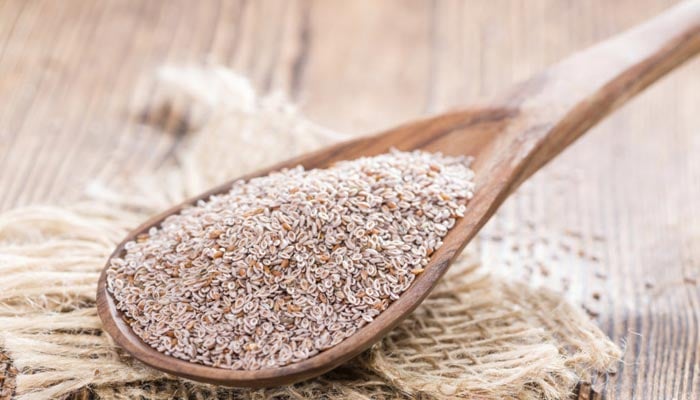
As Ozempic and similar GLP-1s have completely transformed the weight-loss realm, health companies and influencers are finding “nature’s Ozempic,” an affordable, non-prescription option such as Psyllium Husk.
A spokesperson for the Academy of Nutrition and Dietetics, Lena Beal stated, that Psyllium Husk is increasingly becoming popular because of its impressive ability to suppress appetite and regulate digestion at a reduced price.
What is psyllium husk?
Psyllium husk is derived from the seed of Plantago ovata plants, a shrub that grows in sandy deserts.
It can be consumed in pill or powder form. However, when mixed with water, it creates a gel-like substance.
Benefits
Psyllium husk is considered an essential source of soluble fibre that softens stools and assists in managing constipation and diarrhoea, according to Julia Zumpano, a registered dietitian with the Cleveland Clinic Center for Human Nutrition.
In addition, the gel binds with the bile in your gut and removes the amount of cholesterol in your body.
Psyllium husk may increase one’s consumption of fibre, an amazing benefit given that only 5% of individuals across the US and 9% of adults in the UK consume the recommended amount of 25-30g of fibre a day. Psyllium husk offers up to 7g of fibre per tablespoon.
Risks
Experts recommend consuming psyllium husk with enough water; roughly 500ml of water per 20g of fibre, as it rapidly expands with liquid without an appropriate amount of water, is likely to cause choking hazards leading to gastrointestinal obstruction.
Medical professionals warn that Fiber and psyllium may also react with specific medications, so you should consult a doctor before consuming it.















